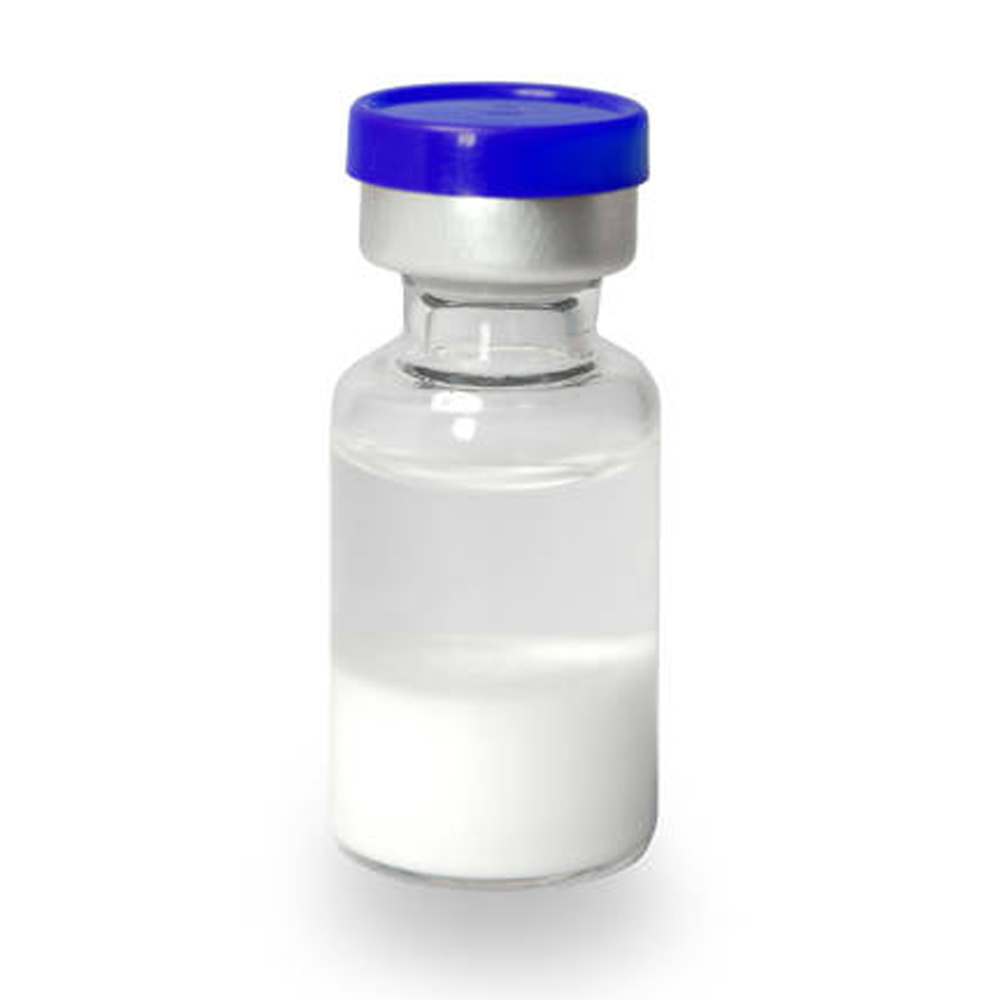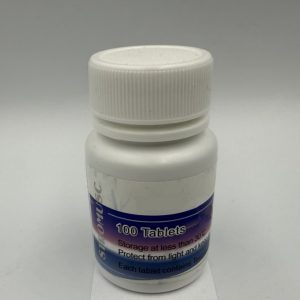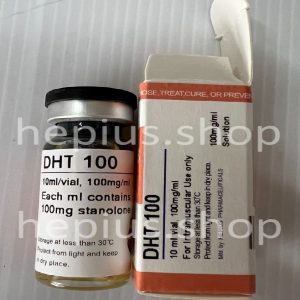Description
AICAR stands for 5-Aminoimidazole-4-carboxamide ribonucleotide. It is a synthetic compound that is commonly used in research and has gained attention for its potential benefits in the realm of exercise performance and fat metabolism. AICAR is often associated with the activation of a pathway that mimics some of the effects of exercise and can increase endurance, particularly in endurance-based sports or physical activities.
What is AICAR?
AICAR is a purine nucleoside and is essentially a precursor to a compound called ZMP (5-amino-4-imidazolecarboxamide ribonucleotide). It is involved in the AMP-activated protein kinase (AMPK) signaling pathway, which plays a key role in regulating metabolism and energy production within the body.
Mechanism of Action:
- Activation of AMPK:
- AICAR activates AMPK, an enzyme that plays a crucial role in cellular energy regulation. AMPK is often referred to as a “fuel sensor” because it helps the body respond to energy stress, such as when cells have low energy (e.g., during exercise or fasting).
- When AMPK is activated, it encourages the body to switch from energy storage (fat and glycogen) to energy expenditure (fat burning) to produce more ATP (the primary energy currency of the body).
- Mimicking Exercise Effects:
- AICAR essentially mimics some of the benefits of exercise in the body. By activating AMPK, it promotes metabolic processes like fat oxidation (burning fat for energy) and glucose uptake, which are typically enhanced during physical activity. This makes AICAR of interest for researchers studying ways to enhance endurance and improve exercise performance.
- Increased Fat Burning:
- AICAR has been shown to increase fat oxidation in the body. This means it helps the body burn fat as a primary energy source, which could be beneficial for those seeking to reduce body fat or improve endurance.
- It has been shown to activate fat-burning processes in muscles, potentially leading to increased stamina and better fat utilization during long-term physical activity.
- Potential Use in Athletic Performance:
- Because of its effects on fat metabolism and endurance, AICAR has been explored as a performance-enhancing agent, especially for endurance athletes. It is believed to increase exercise endurance by improving the body’s ability to use fat as fuel instead of relying on glycogen stores.
Applications of AICAR:
- Exercise Performance Enhancement:
- AICAR has been of interest in sports where endurance is crucial, such as long-distance running, cycling, and triathlons. By promoting fat oxidation, it helps athletes to rely less on glycogen (which can deplete during long exercise sessions) and more on fat as a sustainable energy source, allowing them to perform longer without fatigue.
- Fat Loss and Metabolic Enhancement:
- AICAR may help with fat loss by increasing the body’s capacity to burn fat. This makes it a potential candidate for weight management or fat-burning regimes, particularly for individuals who struggle with fat loss during conventional exercise or diet protocols.
- Muscle Endurance and Recovery:
- Because AICAR enhances the oxidation of fat and improves energy production, it may help athletes or individuals in recovery to perform better and recover more quickly after intense physical activity. This could improve muscle endurance and overall performance.
- Medical Research for Metabolic Disorders:
- AICAR has also been explored in clinical research for its potential to treat metabolic disorders like type 2 diabetes. Its ability to increase glucose uptake and improve insulin sensitivity has made it a subject of interest for researchers studying insulin resistance and diabetes.
Administration of AICAR:
- AICAR is typically administered via injection, either intravenously (IV) or subcutaneously. The dose and frequency of administration can vary depending on the research or clinical protocol being followed.
- It is also available in research chemical form, as it is not FDA-approved for medical use in humans.
Side Effects of AICAR:
While AICAR has shown promise in some areas, its use as a performance-enhancing agent or fat-burning supplement is experimental and has not been fully studied for long-term safety in humans. Some potential side effects and risks include:
- Overuse of AMPK Activation: Over-activation of AMPK could lead to unwanted metabolic effects, such as overuse of fat oxidation and muscle depletion if used improperly.
- Cardiovascular Effects: There may be cardiovascular effects from long-term activation of AMPK, as it affects blood flow and fat metabolism.
- Unknown Long-Term Effects: Since AICAR has primarily been studied in animals and in laboratory settings, the long-term effects on human health remain unclear.
Legality and Status:
- AICAR is not approved by the FDA for human use and is currently classified as a research chemical. It is not legal for use in professional sports due to its performance-enhancing effects, and it is banned by the World Anti-Doping Agency (WADA).
Conclusion:
AICAR is a synthetic peptide that activates AMPK to promote fat burning, improve endurance, and enhance muscle performance. It mimics some of the benefits of exercise, making it a subject of interest in the sports and fitness world. While it has shown promising results in research, particularly for fat loss and endurance, its long-term safety in humans is still uncertain, and it remains a research chemical with no official medical approval. If considering its use, especially for performance enhancement, it is crucial to consult with a healthcare provider and consider the legal implications.










Reviews
There are no reviews yet.